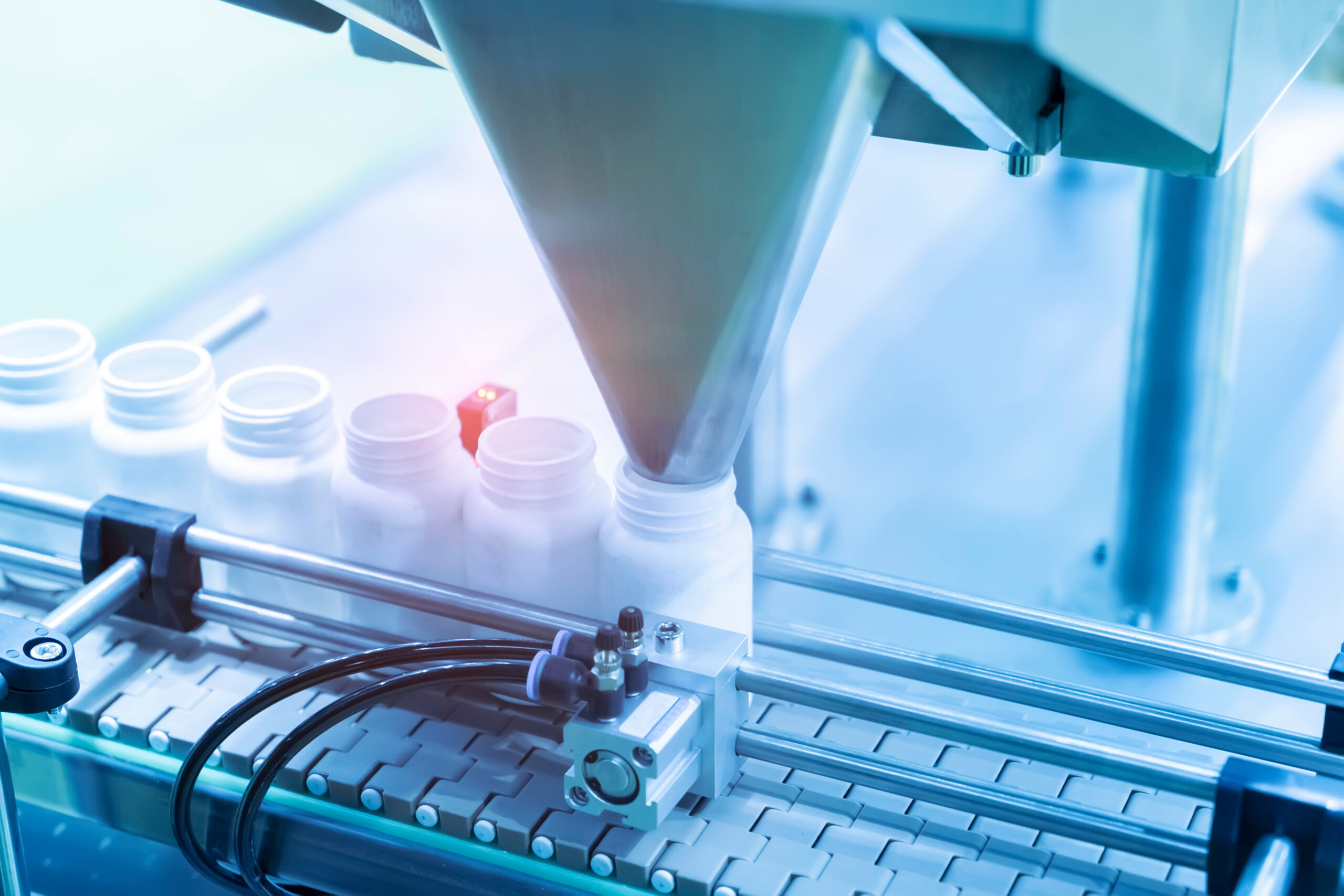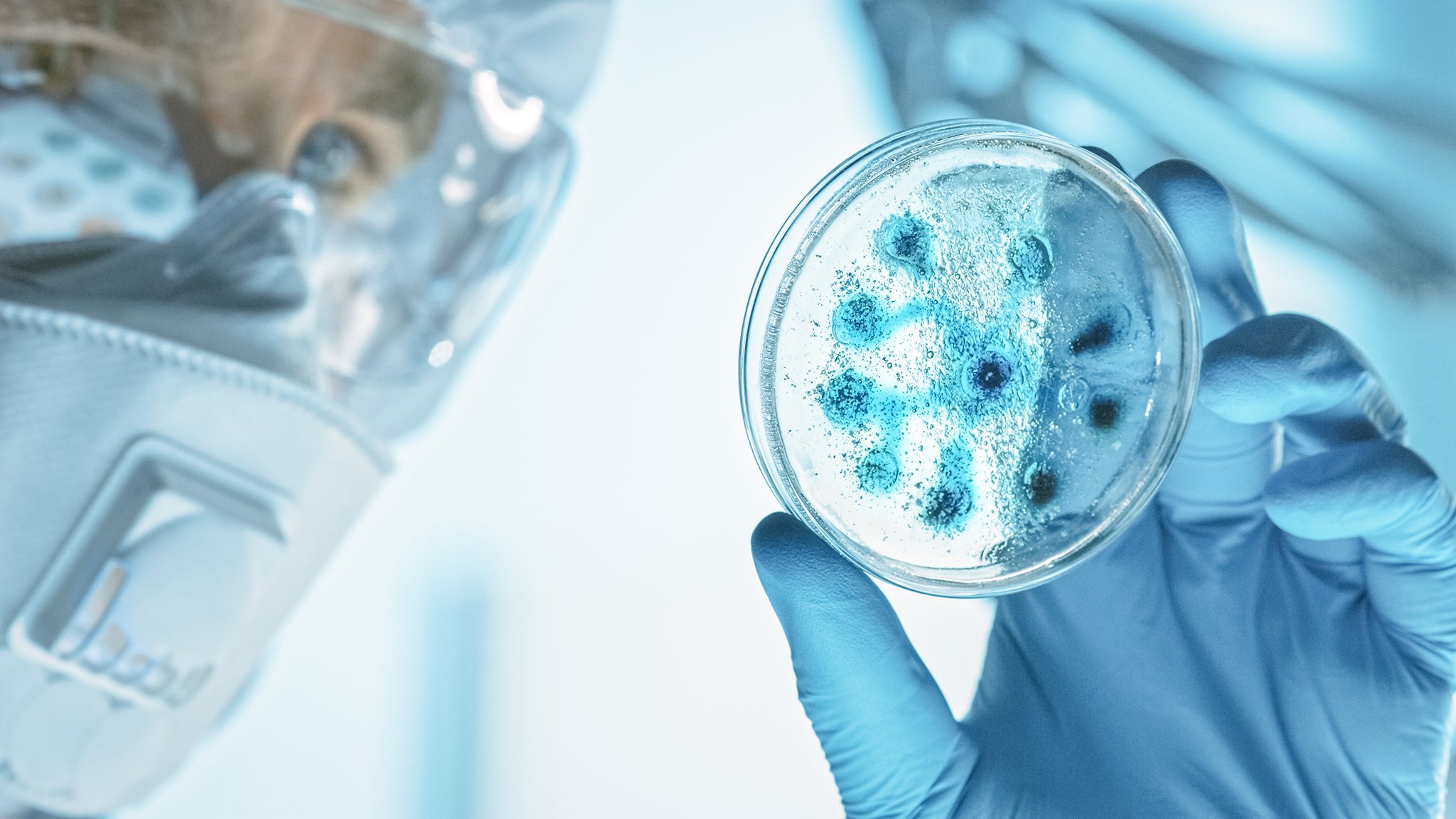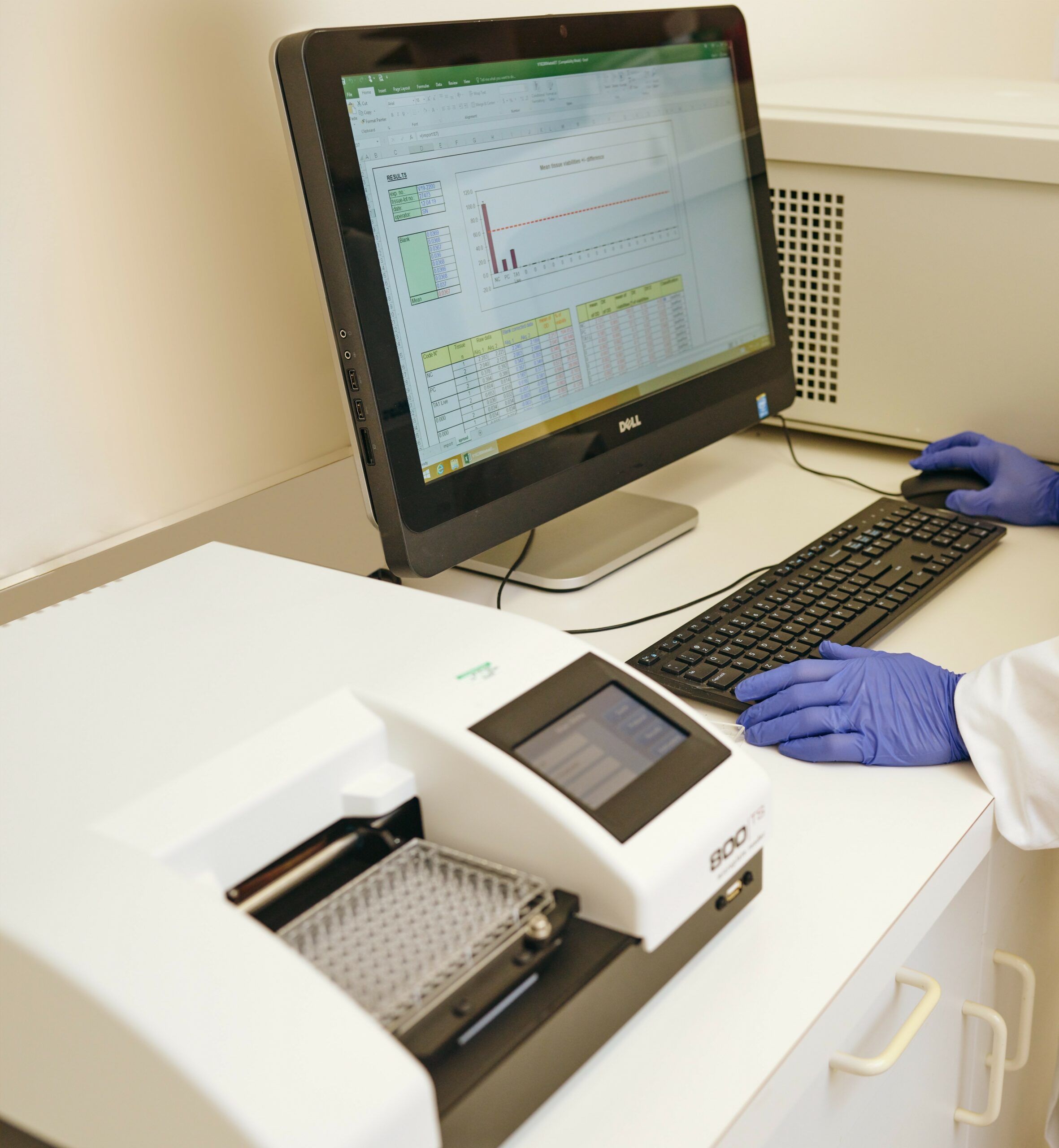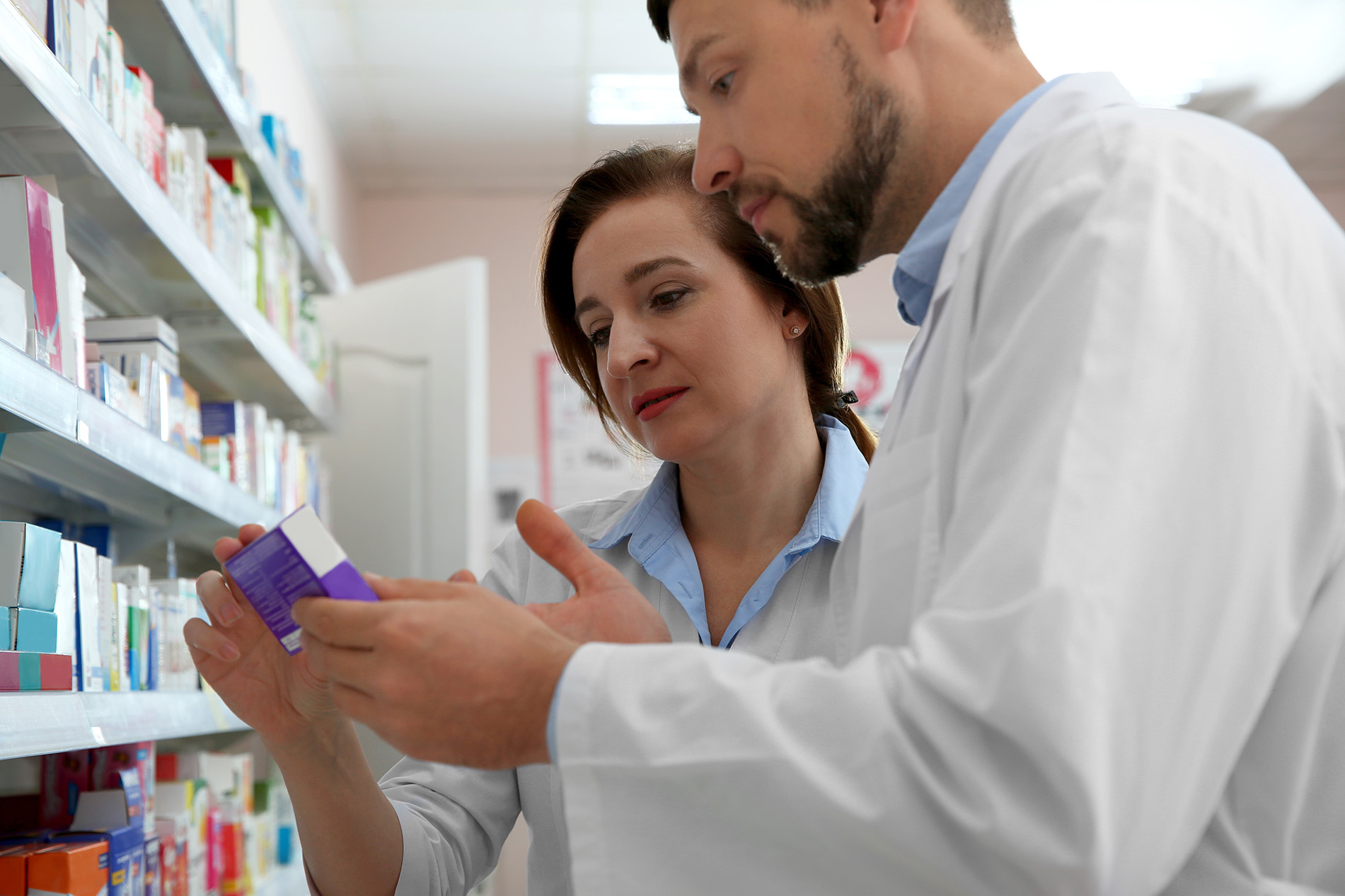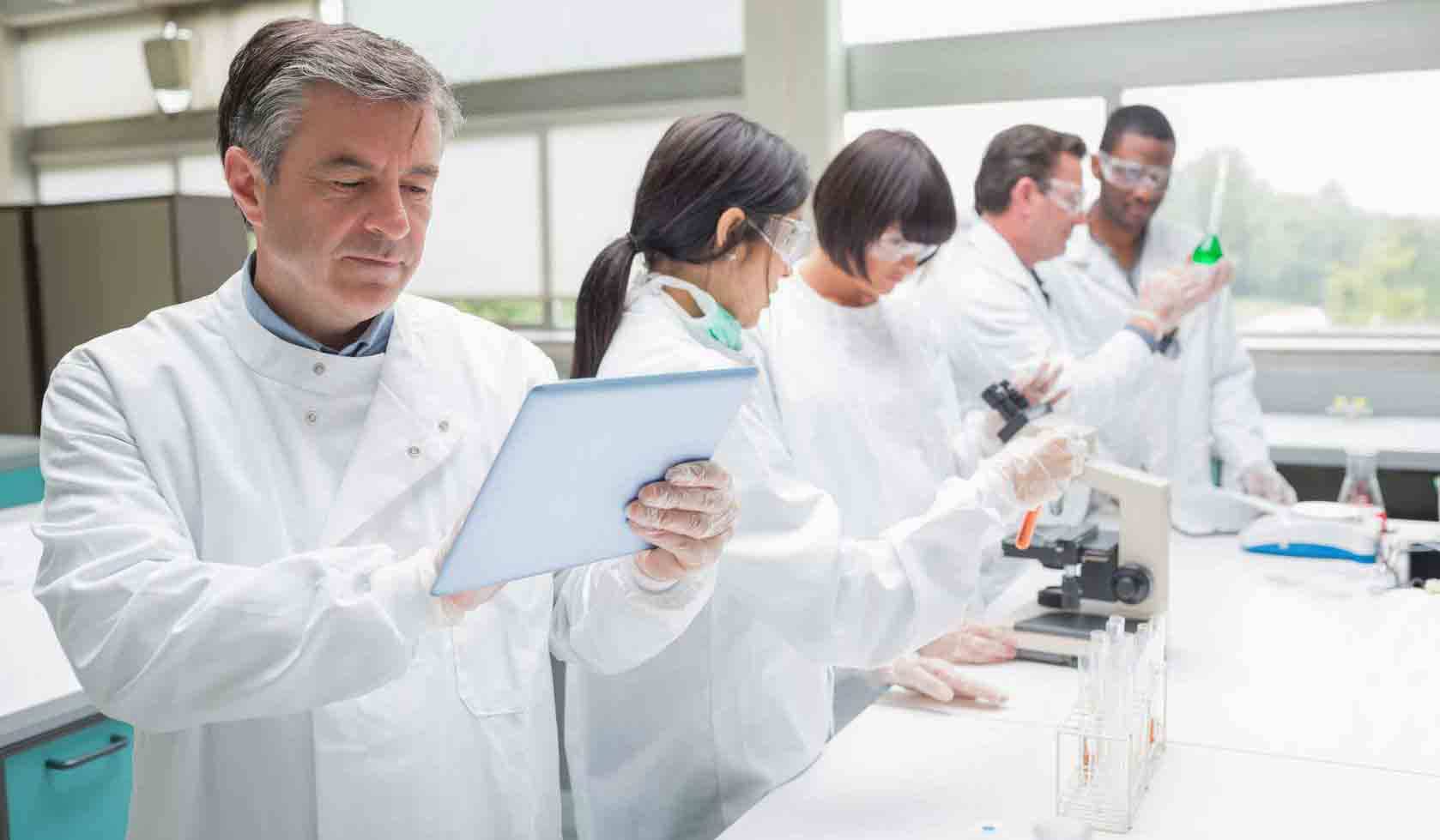Preservative Efficacy Testing: USP 51 Versus PCPC
As its name suggests, Preservative Efficacy Testing (PET) is a procedure for determining the effectiveness of a product’s preservative system after controlled quantities of test microorganisms have been introduced. Antimicrobial Preservative Efficacy testing is essential to cosmetic/personal care and drug manufacturers for identifying optimal preservative combination(s) and concentrations(s) of preservatives




